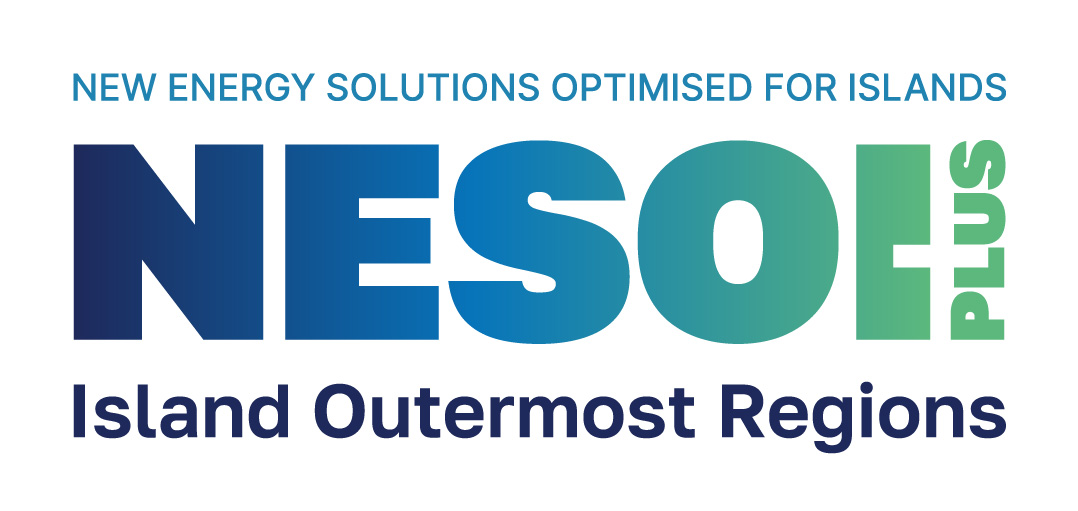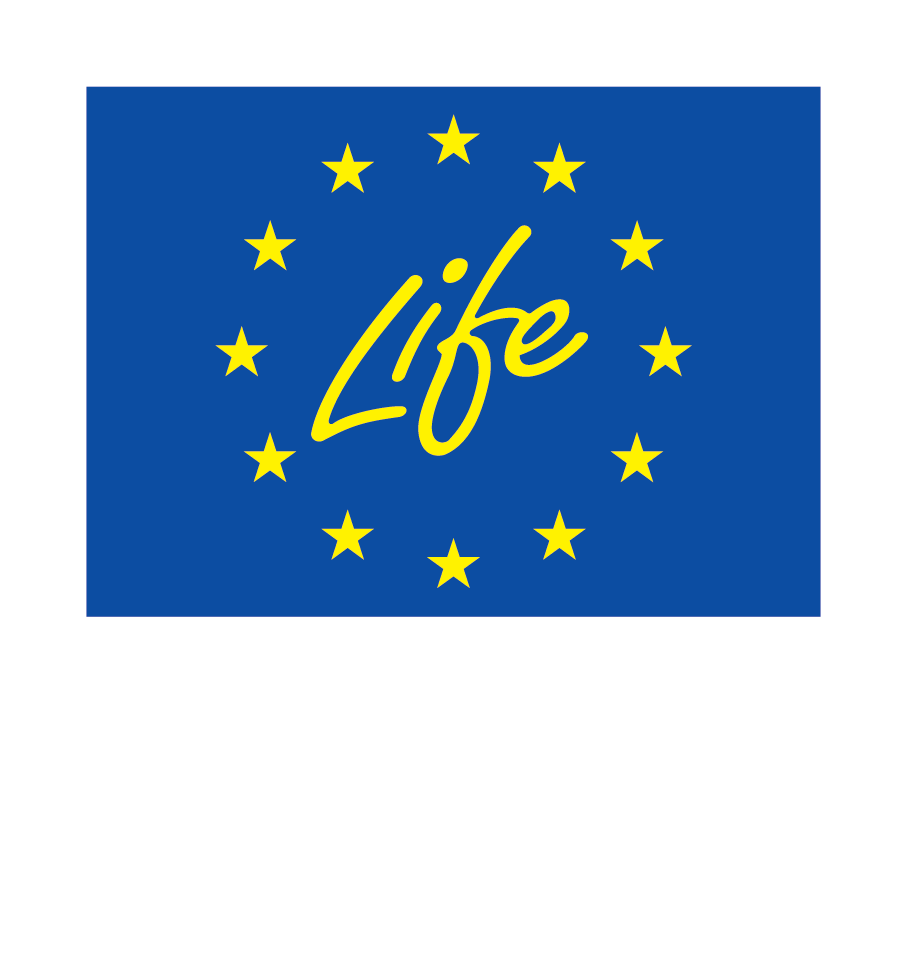Energy planning for clean energy transition for Ikaria (ENERSIK) is a project supported by NESOI European Islands Facility, managed by our partners from CERTH, and promoted by the Municipality of Ikaria.
What is ENERSIK?
This initiative was the result of the local population's and the municipal government's desire to create their own energy plans in orderto make the island energy independent. It was at this point that the notion of creating a Clean Energy Transition Plan (CETA) began to take shape.
The initiative began as the large-scale renewable energy projects on the island caused a strong reaction from the local community, which is not opposed to renewables as long as they are designed and sized to cover the needs of the island. Moreover, the project includes mobility solutions as the island is quite mountainous and transportation is a challenge.
The island of Ikaria attempts to accomplish the aforementioned objectives through the ENERSIK project by carrying out a number of measures, including an exploration of the geothermal potential for electricity and heating purposes, carrying out studies on the wave energy potential, the installation of a hybrid power station (HPS) comprising RES and battery storage, the adoption of electro-mobility, and, last but not least, the energy retrofitting of public buildings and installation of solar PV panels with virtual metering to address the energy poverty.
ENERSIK doesn’t have positive implications only from an energetic point of view, but also the entire citizenship and local businesses can benefit from it. In fact, citizens are going to be positively affected during the energy transition process, as the goal is for the island to be energy independent, in particular from fossil fuels. The reduction of energy costs is one of the most important benefits and measures are being considered in this direction. On the business side, several companies participating in the local clean energy transition group will be positively impacted, both on an energy and economic level as well as on a tourist level, with the promotion of the island as a green and sustainable destination.
Furthermore, both the CETA development procedures and the proposed solutions can be easily replicated in every Greek non-interconnected island, especially in islands that are not going to get linked to the mainland.
ENERSIK: The development of a clean energy transition agenda
The Clean Energy Transition Agenda (CETA) document is a high-level energy planning document mandated by the Clean Energy for EU Islands (CE4EUI) initiative.
Islands are encouraged to create a CETA, which is a strategic road map for the move towards clean energy, as part of the Clean Energy for EU Islands initiative. Furthermore, the fact that this programme was created by the local community, for the local community, is one of its fundamental features and revolutionary advantages.
The participatory element is given specific consideration in Ikaria because early citizen involvement can help the CETA's implementation. By highlighting the project's many advantages—including energy independence, potential assistance for mobility solutions, economic advantages, and more—early resistance to installing RES was lessened.
In the ENERSIK project, the following pathways to satisfy the CETA vision are explored. The selected pathways will be finalized at the end of the CETA preparation process:
- Installation of combined heat and power (CHP) geothermal capacity
- Wave energy solutions across the islands’ coastline
- Exploitation of hydropower potential with small-scale interventions
- Installation of PV panels to cover the needs of modest households through a net metering scheme.
- Replacement of the street lighting lamps with led technology lamps and installation of smart cities system.
- Energy retrofitting of public buildings with rooftop PV, heat pumps, EV charging stations, and building energy management. Installation of a hybrid power station comprised of solar PVs and a battery unit to support the island’s 2050 full decarbonization target.
Expected environmental impacts
The vision will be aligned to the energy planning baseline scenario will be based on the national target of 32.5% reduction of the energy consumption by 2030 compared to 2005 emissions set in the 2019 National Energy and Climate Plan. This vision corresponds to a minimum of 34 GWh annual savings.
How does NESOI Support this project?
The European Islands Facility (NESOI) aims to unlock the potential of EU islands to become the locomotives of the European Energy Transition. To do so, NESOI aims to mobilize more than €100 Million of investment in sustainable energy projects to give EU islands the opportunity to implement energy technologies and innovative approaches, in a cost-competitive way.
More in specific, NESOI has provided the following support:
- Definition of the energy balance and preparation of the Baseline Emissions Inventory
- Analysis of the local RES potential and of local heating and cooling demand
- Analysis and mapping of the regional, national, and European planning tools framework
- Support in participatory processes
- Support in the drafting of the CETA
- Identification of measures to reach the defined objectives
- Action plan and monitoring system, allocation of responsibilities for its implementation
- Mapping of the main financial instruments available to finance the identified actions
- Communication and dissemination of the results
READ MORE INFORMATION IN THE DEDICATED PROJECT BROCHURE

